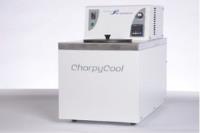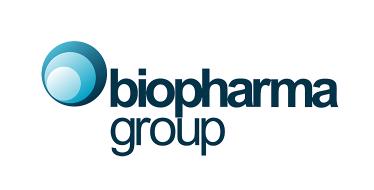 Add My Company
Add My Company
Sign In

CharpyCool Bath removes the need for costly consumables such as liquid nitrogen
The quality control of material can prove to be a lengthy and costly evaluation process to assure its relative toughness meets industry standard. Charpy Impact Testing (CIT) is a well-known and commonly used technique in metal, composites, ceramics and polymers applications. Usually, a V or U notch will be mechanically created on the specimen:
V notch: 2mm deep, with 45° angle and 0.25mm radius along the base
U notch and keyhole notch: 5mm deep notch with 1mm radius at base
The specimen will then be a subject to rigourous testing by striking it with a pneumatic arm hammer. The specimen is held at both ends while the hammer blows will be directed at the specimen side opposite to the notch and the absorbed energy is measured by the decrease of motion of the pneumatic arm. The stress created by the impact will be naturally concentrated at the notches, fractures or any points of weakness.
CIT testing provides invaluable data to safeguard processes and build in a safety margin for any future product specification. Although, the important factor while measuring a toughness of the material and effects of applied stress, is also the temperature of environment and material itself. Some companies, therefore, choose to use liquid nitrogen or dry ice to conduct testing under different temperature conditions, but employing these type of tests can prove a costly solution with additional EH&S considerations.
For this reason, the mechanically refrigerated CharpyCool Bath has proven a popular compact and self-contained alternative solution, eliminating costs and hazards associated with expendable refrigerants; whilst also allowing for the testing of different materials at a wide range of temperatures.
To read the full article please visit our website
For more information on CharpyCool – The Ideal Solution For Your Impact Testing Needs talk to Biopharma Group
Enquire Now
More News
List your company on FindTheNeedle.

